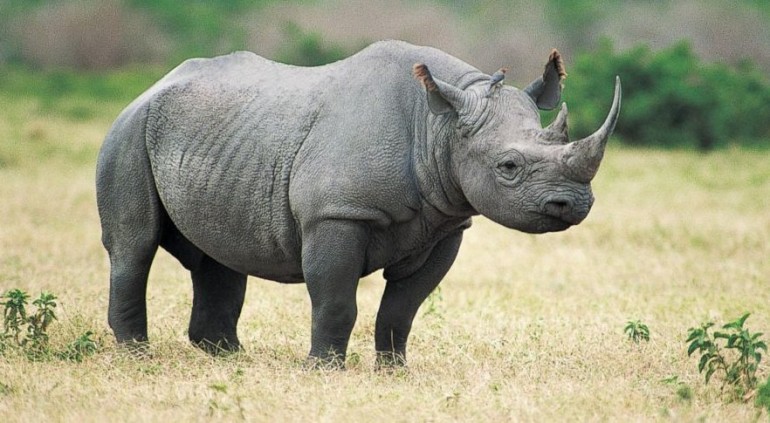Sponsored Listings:
Tour operators who feel they are contributing to conservation by sending travellers to Africa are merely operating a business but not actively contributing to conservation. For a long time, conservation efforts have been the responsibility solely of product owners and this needs to change.
This is one of the sentiments that emerged from a discussion at the ‘unconference’ at We Are Africa on Monday.
In a discussion led by Wilderness Safaris’ Chris Roche, and Chris Liebenberg of US-based Piper & Heath, members of the trade looked at whether the traditional funding model for conservation was still working.
Roche said that while a number of eco-tourism businesses had established independent trusts to fund conservation, more needed to be done to protect Africa’s wilderness areas.
The work being done by these trusts at a micro level was critical, but something also needed to be done at a macro level, said Natural Selection’s Colin Bell. He provided an update on efforts to launch the conservation fund, which would collect 1% of revenue from tourism business to fund conservation. Bell said the fund had the potential to collect R500 million (€34.5m).
He said while small businesses were keen to come on board, bigger players had been reluctant. The process has been started to get a tax deduction from SARS to make the contribution more attractive to businesses. Bell said he hoped this would be finalised within the next month.
Liebenberg and other members of industry attending said people packaging and selling Africa needed to play a greater role in supporting conservation. They said it was not enough to partner with eco-tourism businesses and send travellers to the destination. Suggestions included using a percentage of revenue to fund conservation, while one operator suggested that, instead of buying clients gifts for their holiday, such as wine, a donation should be made on behalf of these clients to fund conservation.
Yvonne Bahlangene of African Bush Camps emphasised the need to change the way clients were asked to fund communities and conservation. She said clients wanted to see the work that was being done on the ground and suggested community visits as a way to show them. According to Bahlangene, people wanted to see results and were happy to fund projects where they could see what was being done. She also stressed the need for transparency in how money was allocated.
Sоurсе: tourismupdate.co.za










